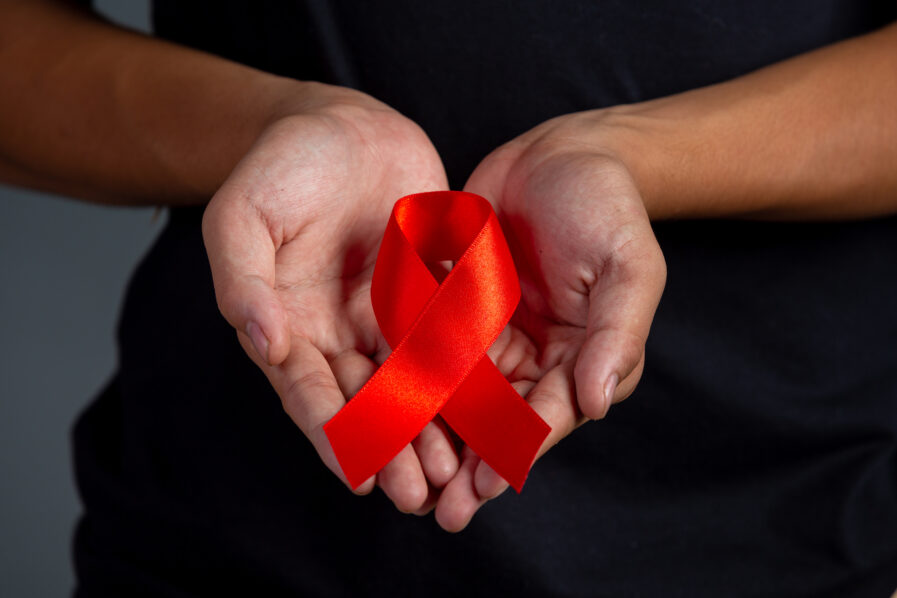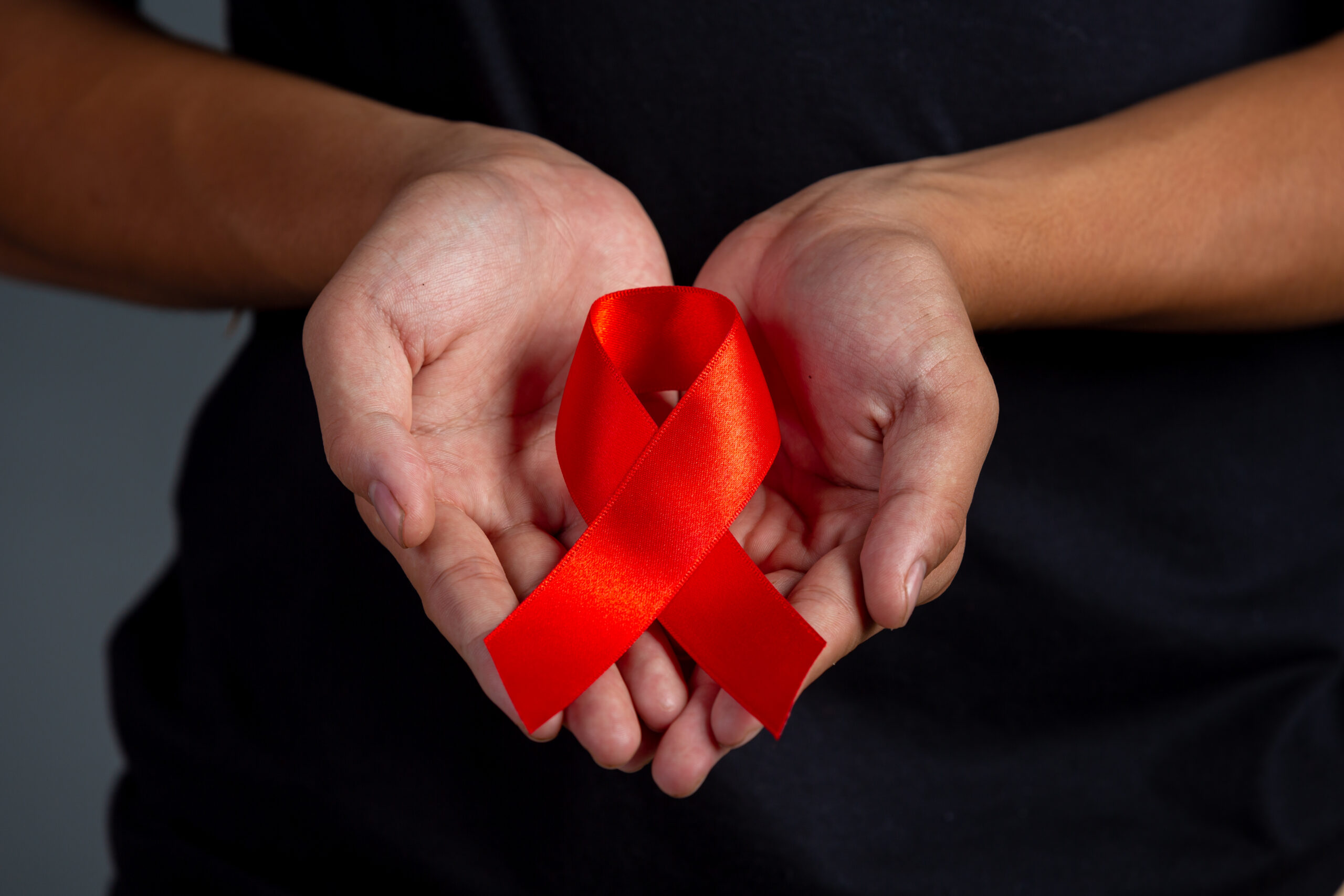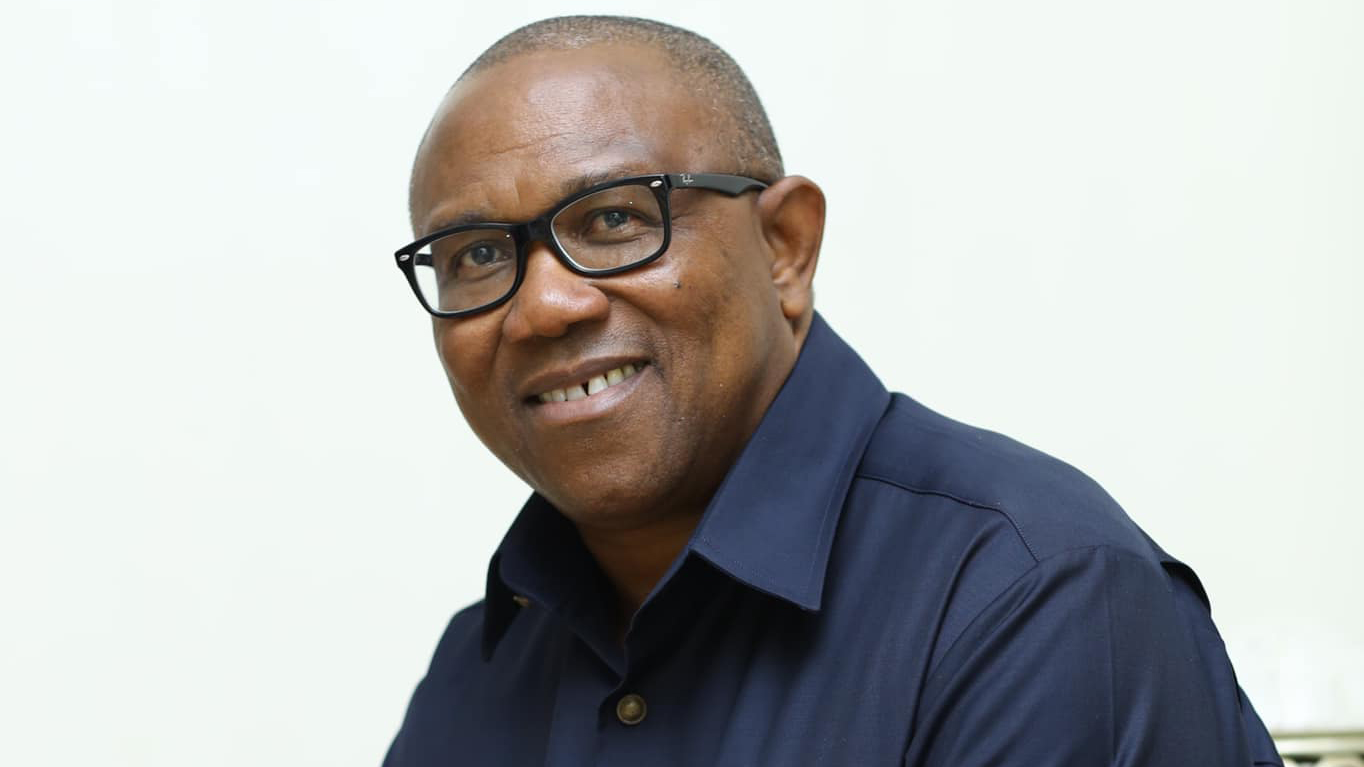
It is estimated that about 42,700 AIDS-related deaths, including 14,400 children and 14,500 women, are recorded in Nigeria every year.
National Secretary of the Network of People Living with HIV/AIDS (NEPWAN), Nicholas Ugbenyen, disclosed this at the Candlelight Event organised on Monday in Abuja in remembrance of those who died of HIV/AIDS as part of activities to mark the 2024 World AIDS Day.
Ugbenyen advocated for a policy change to “Stop HIV among Children to End AIDS in Nigeria by 2030” and called on all stakeholders to support policies and funding that prioritise the prevention and treatment of HIV in children.
He also called for sustainable best practices and innovative approaches to sustaining the HIV response, particularly in pediatric care, to ensure long-term impact and support.
He said, “We urge all ITs to empower and engage the communities in advocacy efforts, encouraging grassroots participation in addressing the HIV epidemic among children, and ensuring their voices are heard.”
Ugbenyen stressed the need to ensure accessible services, and quality PMTCT services, including antenatal care, testing, and treatment for pregnant women living with HIV, to ensure that “no child is born HIV positive.”
Speaking on the theme of World AIDS Day, “Take the Right Path: Sustain the HIV Response and Stop HIV Among Children to End AIDS in Nigeria by 2030,” Ugbenyen said, “NEPWAN deeply appreciates the focus on increasing public knowledge about the prevalence of HIV among children in Nigeria and advocating for their rights. These discussions are critical to advancing our collective mission for a more inclusive and sustainable response to the epidemic.”
He observed that the solemn occasion was to remember those we have lost to HIV/AIDS and to celebrate the efforts of individuals and organizations who continue to work tirelessly towards controlling the epidemic.
He said, “We salute the gallant soldiers, who lost their lives in the struggle against HIV/AIDS across the globe, particularly in our country, Nigeria. On this day too, we remember those who continue to fight the good fight (both individuals and implementing partners) to end AIDS in Nigeria.”
On her part, the Director-General of the National Agency for the Control of AIDS (NACA), Dr Temitope Ilori, appealed to persons living with HIV in the country to stop self-isolation, access care and treatment, and continue their medication in order to suppress the virus.
She equally urged Nigerians to stop discrimination against people living with HIV so that they can actually come out and access care.
Ilori noted that NACA wants to ensure that every Nigerian has access to HIV screening, counselling, and HIV treatment to ensure that no one is left behind.
She said, “We want to stop the mother-to-child transmission of HIV. And we want to ensure that no child is born with HIV. We want to ensure a generation free of HIV, we want to end the HIV crisis, and it’s no longer a matter of ending HIV as an epidemic from the age of 18.”
“We are here to commemorate and to remember our fallen heroes who have lost their lives in the fight against HIV. Unfortunately, a part of that number is about 15,000 children just in the year of 2023 alone, and this is very worrisome to us as a country. Together, we can stem this tide and reverse the tsunami.”






